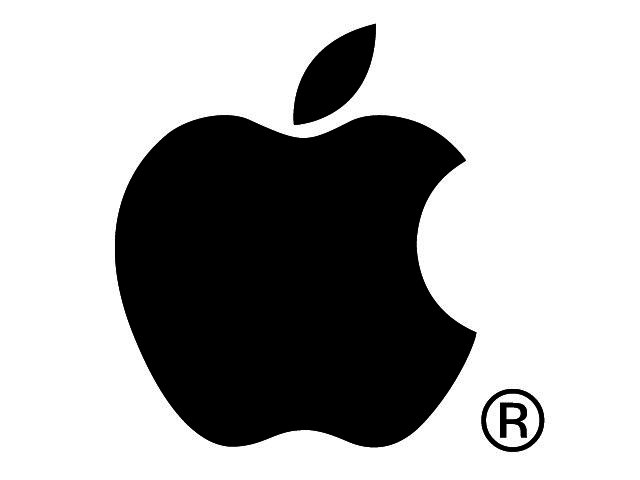Department of Justice proposes Apple price fixing remedy
By Ryan Noik 5 August 2013 | Categories: news
Now that Apple has been caught with its hands in the proverbial cookie jar, and found guilty of price fixing with regards to ebooks, the remaining, unanswered question has been to what extent its hands will be slapped.
A newly proposed ‘remedy’ by the Department of Justice (DOJ) certainly does not let the Cupertino titan off lightly. The DOJ is proposing that Apple terminate its agreements with the five publishers it was found to have conspired with, provide for a court appointed external monitor and allow competitors to provide links for their ebook apps to their own ebook stores.
Relief in sight
According to the DOJ, the relief solution is aimed at halting Apple's anticompetitive conduct, restoring lost competition and preventing a recurrence of the illegal activities.
"The court found that Apple's illegal conduct deprived consumers of the benefits of ebook price competition and forced them to pay substantially higher prices," commented Bill Baer, Assistant Attorney General in charge of the Department of Justice's Antitrust Division.
"Under the department's proposed order, Apple's illegal conduct will cease and Apple and its senior executives will be prevented from conspiring to thwart competition in the future," he explained.
Proposals and punishments
Under the proposal, which still needs to be approved by the court, Apple would also have to refrain for five years from entering new ebook distribution contracts, and it would be prohibited from serving as a conduit of information among the conspiring publishers or from retaliating against publishers for refusing to sell e-books on agency terms.
Furthermore, the muzzle placed on Apple would extend beyond just ebooks, as under the remedy, the company would be prohibited from entering into agreements with suppliers of ebooks, music, movies, television shows or other content that are likely to increase the prices at which Apple's competitor retailers may sell that content.
To reset competition to the conditions that existed before the conspiracy, Apple would also have to agree to allow other ebook retailers like Amazon and Barnes & Noble to provide links from their iOS ebook apps to their own ebookstores, for two years. This part of the remedy is aimed at allowing consumers who purchase and read ebooks on their iPads and iPhones to more easily compare Apple's prices with those of its competitors.
Meet your Nanny
Perhaps the biggest blow to Apple’s pride is the DOJ’s other stipulation, the equivalent of supervised custody, which would see Apple having to defer to a court appointed monitor “to ensure that Apple's internal antitrust compliance policies are sufficient to catch anticompetitive activities before they result in harm to consumers”.
Adding insult to injury is that the monitor’s salary and expenses would be borne by Apple. Additionally, the DOJ envisions that party working with an internal antitrust compliance officer who would be hired by and report exclusively to the outside directors comprising Apple's audit committee.
Suffice to say, Apple is none too pleased about the proposed remedy. The company bit back in a thirty-page long brief that the proposal smacks of a “draconian and punitive intrusion into Apple’s business.” It also asserted that the DOJ’s remedy would “establish a vague new compliance regime - applicable only to Apple - with intrusive oversight lasting for ten years, going far beyond the legal issues in this case, injuring competition and consumers, and violating basic principles of fairness and due process. The resulting cost of this relief - not only in dollars but also lost opportunities for American businesses and consumers—would be vast.”
The proposal - and no doubt, Apple’s counter - will apparently be heard by the court later this week at its sentencing hearing.
To the point
Admittedly, we still don’t know to what extent a fine would be levied against Apple as well. However, the DOJ’s proposal strikes us as being a common sense one, at least in part. The one portion we would most support is allowing general users to shop Amazon’s store from within the Kindle iOS app, for example.
It is one of the features that quite frankly should have been allowed by Apple from the start, if offering general users’ the best user experience was truly a priority and not just protecting its own bottom line. On that front, we find it difficult to muster too much sympathy for the beleaguered company in this case.
Nonetheless, we suspect that the next few days will be a dance between the DOJ seeking the stiffest side of the punishment scale, with Apple aiming for closer to a slap on the wrist. As to who will ‘win,’ we shall see.
Most Read Articles

Have Your Say
What new tech or developments are you most anticipating this year?



